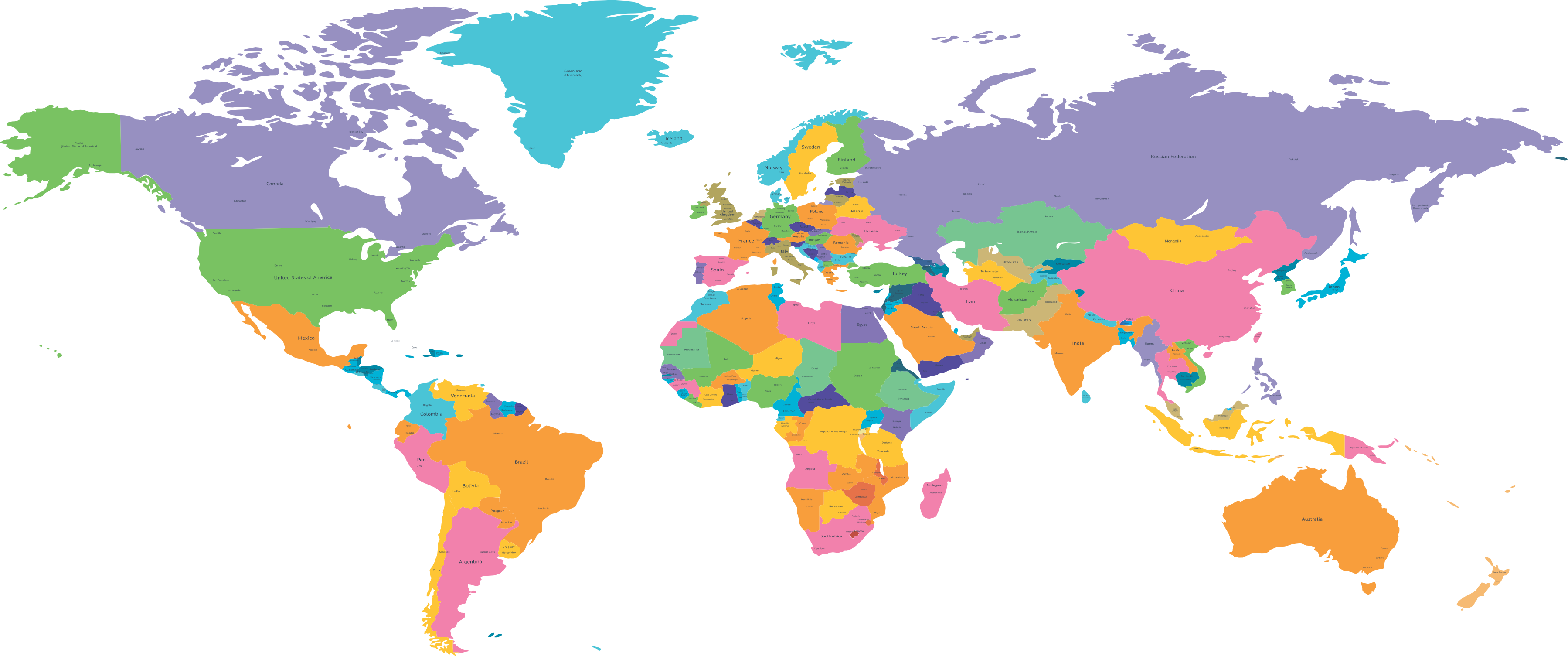Is Academics Really Spreading Depression? A Study on the Pervasiveness of Depression Among University Students
DOI:
https://doi.org/10.55737/rl.2025.42071Keywords:
Depression, Mild Mood Disturbance, Clinical Depression, Moderate Depression, Severe DepressionAbstract
Depression is one of the most serious conditions that negatively affect a person's day-to-day functioning; hence, it may affect students' behaviour, emotions, and thoughts. Keeping this in view, this study was designed to find out the pervasiveness of depression among university students. This descriptive study used a cross-sectional survey including two universities, i.e. Mirpur University of Sciences and Technology (MUST), Mirpur AJ&K and the University of Kotli, Azad Jammu and Kashmir (UoKAJK). The population of the study consisted of 2,920 students (1,660 from MUST and 1,260 from UoKAJK). The researchers used a stratified random sampling technique for the selection of a sample of 600 students (341 from MUST and 259 from UoKAJK). The research used the Beck Depression Inventory (BDI) as a research instrument in the current study. The study used frequency, percentage, mean, standard deviation and independent sample t tests for analysing the data. The findings of the study showed 67 (11.2%) participants exhibited normal levels of depression, 87 (14.5%) participants experienced mild mood disturbance, 133 (22.2%) participants showed borderline clinical depression, 298 (49.7%) participants had moderate depression, and 21 (3.5%) participants suffered from severe depression. The study recommends that educational administrators organise supportive mental health programs focused on prevention and early intervention, especially for those in the moderate depression range. This support may include counselling services, stress management workshops, and peer support groups, which may help students develop resilience and coping strategies.
References
American Psychiatric Association. (2013). Diagnostic and statistical manual of mental disorders: DSM-5™ (5th ed.). American Psychiatric Publishing.
Asif, S., Mudassar, A., Shahzad, T. Z., Raouf, M., & Pervaiz, T. (2020). Frequency of depression, anxiety and stress among university students. Pakistan Journal of Medical Sciences Quarterly, 36(5), 971–976. https://doi.org/10.12669/pjms.36.5.1873
Bayram, N., & Bilgel, N. (2008). The prevalence and socio-demographic correlations of depression, anxiety and stress among a group of university students. Social Psychiatry and Psychiatric Epidemiology, 43(8), 667–672. https://doi.org/10.1007/s00127-008-0345-x
Bibi, A., Blackwell, S. E., & Margraf, J. (2021). Mental health, suicidal ideation, and experience of bullying among university students in Pakistan. Journal of Health Psychology, 26(8), 1185–1196. https://doi.org/10.1177/1359105319869819
Isevoli, F. et al. (2016). Treatment resistant schizophrenia is associated with the worst community functioning among severely-ill highly-disabling psychiatric conditions and is the most relevant predictor of poorer achievements in functionalmilestones. Prog. Neuropsychopharmacol. Biol. Psychiatry, 65, 34–48. https://doi.org/10.1016/j.pnpbp.2015.08.010
Johansson, F., Côté, P., Hogg-Johnson, S., Rudman, A., Holm, L. W., Grotle, M., Jensen, I., Sundberg, T., Edlund, K., & Skillgate, E. (2021). Depression, anxiety and stress among Swedish university students before and during six months of the COVID-19 pandemic: A cohort study. Scandinavian Journal of Public Health, 49(7), 741–749. https://doi.org/10.1177/14034948211015814
Kessler, R. C., Berglund, P., Demler, O., Jin, R., Merikangas, K. R., & Walters, E. E. (2005). Lifetime prevalence and age-of-onset distributions of DSM-IV disorders in the World Health Organization’s World Mental Health Survey Initiative. World Psychiatry, 4(2), 168–176. https://doi.org/10.1001/archpsyc.62.6.593
Saleem, S., Mahmood, Z., & Naz, M. (2013). Mental health problems in university students: A prevalence study. FWU Journal of Social Sciences, 7(2), 124130.
Seligman, M. E. (1973). Fall into helplessness. Psychology today, 7(1), 43-48.
Shamsuddin, K., Fadzil, F., Ismail, W. S. W., Shah, S. A., Omar, K., Muhammad, N. A., Jaffar, A., Ismail, A., & Mahadevan, R. (2013). Correlates of depression, anxiety and stress among Malaysian university students. Asian Journal of Psychiatry, 6(4), 318–323. https://doi.org/10.1016/j.ajp.2013.01.014
Stewart, M., Brown, J. B., Donner, A., McWhinney, I. R., Oates, J., Weston, W. W., & Jordan, J. (2000). The impact of patient-centered care on outcomes. The Journal of Family Practice, 49(9), 796–804. https://pubmed.ncbi.nlm.nih.gov/11032203/
World Health Organization. (2019). Depression and Other Common Mental Disorders. World Health Organization.




